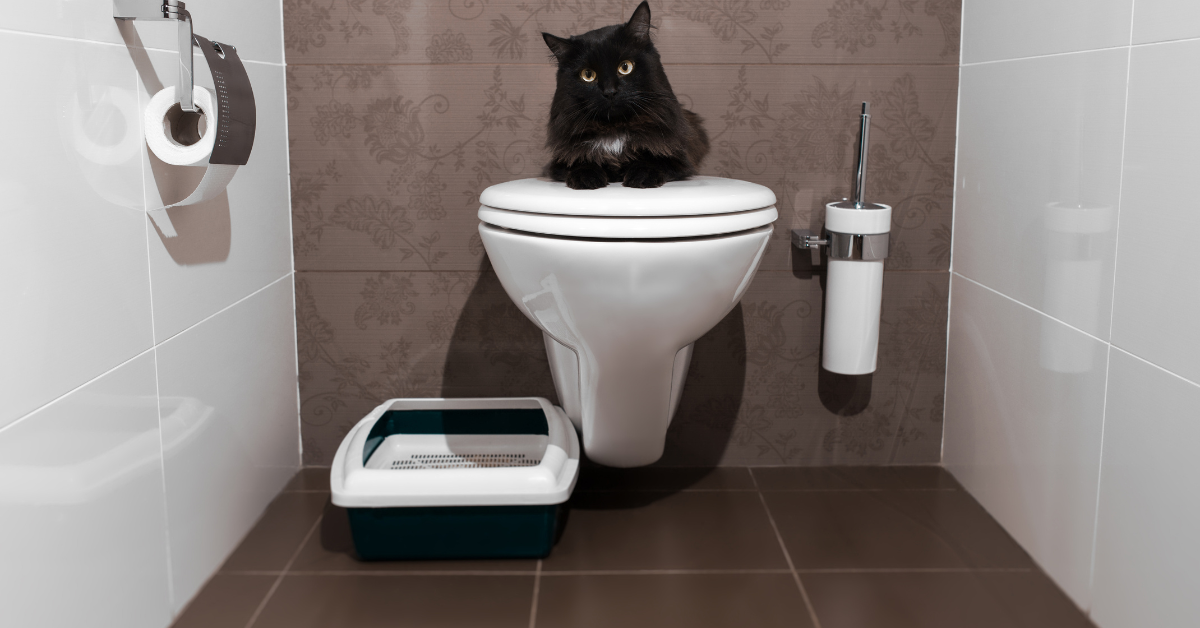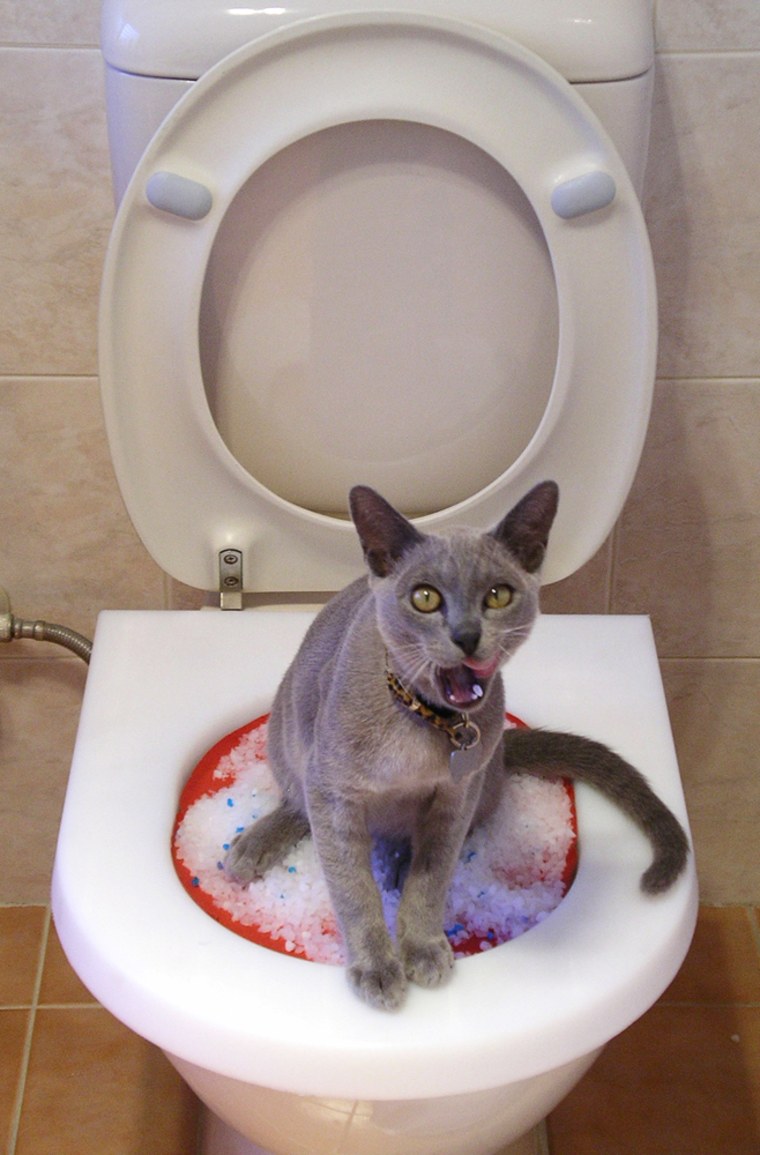Avoid Flush Cat Poop Down Your Toilet - Safeguard Your Pipes Infrastructure
Avoid Flush Cat Poop Down Your Toilet - Safeguard Your Pipes Infrastructure
Blog Article
This post down below about How to Dispose of Cat Poop and Litter Without Plastic Bags is particularly attention-grabbing. You should keep reading.

Intro
As feline owners, it's vital to bear in mind how we dispose of our feline close friends' waste. While it might seem hassle-free to flush pet cat poop down the commode, this technique can have damaging repercussions for both the setting and human health and wellness.
Alternatives to Flushing
Luckily, there are more secure and more accountable ways to take care of feline poop. Think about the adhering to options:
1. Scoop and Dispose in Trash
One of the most common technique of taking care of cat poop is to scoop it into a biodegradable bag and throw it in the garbage. Make sure to utilize a devoted trash scoop and get rid of the waste promptly.
2. Use Biodegradable Litter
Choose naturally degradable feline clutter made from materials such as corn or wheat. These litters are environmentally friendly and can be securely taken care of in the trash.
3. Hide in the Yard
If you have a lawn, take into consideration burying pet cat waste in a designated location away from veggie yards and water sources. Make sure to dig deep adequate to prevent contamination of groundwater.
4. Mount a Pet Waste Disposal System
Invest in a pet dog garbage disposal system particularly created for pet cat waste. These systems use enzymes to break down the waste, minimizing smell and environmental impact.
Health and wellness Risks
Along with environmental concerns, flushing pet cat waste can also position health and wellness threats to human beings. Pet cat feces may include Toxoplasma gondii, a bloodsucker that can create toxoplasmosis-- a potentially serious disease, particularly for expecting ladies and people with damaged body immune systems.
Environmental Impact
Flushing pet cat poop introduces hazardous microorganisms and parasites right into the water supply, positioning a significant risk to marine environments. These impurities can negatively affect aquatic life and concession water top quality.
Final thought
Accountable family pet possession prolongs beyond offering food and shelter-- it also involves proper waste management. By refraining from flushing cat poop down the toilet and choosing alternate disposal methods, we can minimize our ecological impact and secure human wellness.
Why You Should Never Flush Cat Poop Down the Toilet
A rose by any other name might smell as sweet, but not all poop is created equal. Toilets, and our sewage systems, are designed for human excrement, not animal waste. It might seem like it couldn’t hurt to toss cat feces into the loo, but it’s not a good idea to flush cat poop in the toilet.
First and foremost, assuming your cat uses a litter box, any waste is going to have litter on it. And even the smallest amount of litter can wreak havoc on plumbing.
Over time, small amounts build up, filling up your septic system. Most litter sold today is clumping; it is made from a type of clay that hardens when it gets wet. Ever tried to scrape old clumps from the bottom of a litter box? You know just how cement-hard it can get!
Now imagine just a small clump of that stuck in your pipes. A simple de-clogger like Drano isn’t going to cut it. And that means it’s going to cost you big time to fix it.
Parasitic Contamination
Believe it or not, your healthy kitty may be harboring a nasty parasite. Only cats excrete Toxoplasma in their feces. Yet it rarely causes serious health issues in the cats that are infected. Most people will be fine too if infected. Only pregnant women and people with compromised immune systems are at risk. (If you’ve ever heard how women who are expecting are excused from litter cleaning duty, Toxoplasma is why.)
But other animals may have a problem if infected with the parasite. And human water treatment systems aren’t designed to handle it. As a result, the systems don’t remove the parasite before discharging wastewater into local waterways. Fish, shellfish, and other marine life — otters in particular — are susceptible to toxoplasma. If exposed, most will end up with brain damage and many will die.
Depending on the species of fish, they may end up on someone’s fish hook and, ultimately on someone’s dinner plate. If that someone has a chronic illness, they’re at risk.
Skip the Toilet Training
We know there are folks out there who like to toilet train their cats. And we give them props, it takes a lot of work. But thanks to the toxoplasma, it’s not a good idea.

As a serious person who reads about How to Dispose of Cat Poop and Litter Without Plastic Bags, I assumed sharing that editorial was smart. Do you know somebody who is curious about the niche? Please feel free to share it. I truly appreciate reading our article about Don’t flush cat feces down the toilet.
This Website Report this page